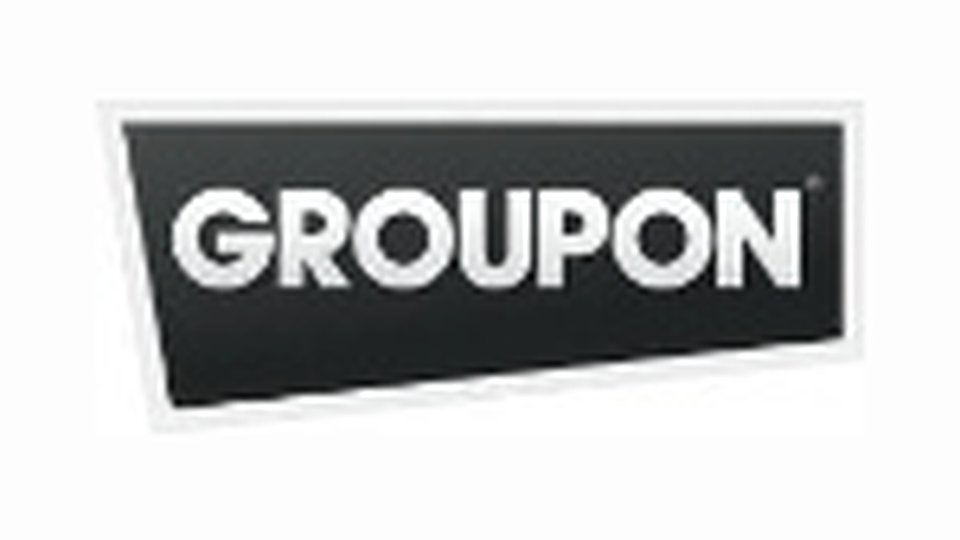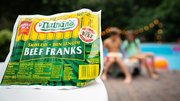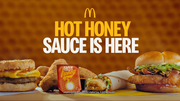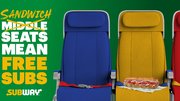Article
Is Groupon right for QSR?
With prices low already and a customer base prone to spontaneity, brands may be slow to adopt.

July 18, 2010
Just last week, Groupon announced its move into three more U.S. cities, allowing the shopping website to surpass 70 urban centers. Since it launched in November 2008, the site's membership has grown to 10 million subscribers in more than 150 cities worldwide and sold 7 million group coupons.
Restaurants are well represented among the daily deals, but many of them are fine dining establishments or chains in the casual or fast casual segment. Occasionally, there will be a deal from quick-service brands, but mostly in the treat or bakery categories.
Those offers, brokered by franchisees, tend to sell fairly well as evidenced by a Smoothie King Groupon in Nashville, Tenn., that featured a $7 smoothie for just $3 and was bought by more than 5,850 customers in May.
With success stories like that, it seems more QSRs would offer deals, particularly for local store marketing. But the nature of QSR, including its already low price ticket average and spontaneous customer base, may keep operators from the consideration.
For most merchants, Groupon touts itself as an opportunity for new customer acquisition. And certainly, QSRs can benefit from that as well, but even Groupon realizes a difference in the selling point.
Julie Mossler, consumer marketing manager for Groupon, said the shopping deals offer operators a chance to boost traffic.
"The value to a QSR is they obviously have a lot of competitors, so it reminds people that they're there," she said. "It's a nudge to do something they wouldn't necessarily do."
And the low-dollar savings doesn't keep subscribers from snubbing their noses at the offer. Some deals cost as much as $150, "so when they see something for $5, they say, 'I need to snatch that up. I will use it at some point,'" she said.
Mossler said the QSR deals that seem to resonate the most are for brand favorites or two-for-one deals. For example, two weeks ago nearly 5,000 customers in Vancouver bought a $2 Groupon for a $4 Dairy Queen Blizzard.
And operators need not fear a sudden run on their stores with 5,000 customers buying a deal in one day. To prevent that from happening — and to allow Groupon time to provide the merchant with a list of the coupon barcodes — the deal isn't good until the following day. The merchant sets the expiration date — often six months away for a QSR deal — to stretch out the redemption period.
What's the catch?
Operators do have some responsibility that accompanies a Groupon deal. During the day it's offered, the merchant is expected to monitor the deal's discussion board to answer subscribers' questions about the deal. Groupon customer service representatives monitor the discussion as well, but some questions are best answered by the merchant, Mossler said.
The Vancouver Dairy Queen deal, for example, inspired a lengthy thread, with customers praising the bargain or asking if all five coupons could be used at once. A rep from Dairy Queen and Groupon each chimed in on different questions.
Not all discussions are innocuous, however. Mossler said that merchants are forewarned that members aren't shy about calling out an offer they don't think is a good deal.
"They need to know they will be subjected to a discussion by our very honest customers, which is a good thing because it keeps everybody honest," she said. "But you do need to have thick skin."
Overall, the Groupon experience is a win-win from businesses, since there is no upfront cost and Groupon splits the cost of the coupon — typically 50-50 — with the merchant. And operators can gain from consumers who didn't buy into the offer. Many of them have shared that they tend to visit the advertising restaurant in the days following the posted deal.
"We consistently hear that it brings traffic in the door," she said. "And it brings in really enthusiastic customers, and our customers are motivated buyers. Not only do they love you for being featured in Groupon, but they also want to come back," she said.
Opportunities for local store marketing
Bobby Williams, marketing director for Smoothie King, is impressed with the results the chain's franchisees have gotten when they've offered a Groupon deal, even though not all have had the high numbers of the Nashville coupon. Last week, a Jacksonville, Fla., Smoothie King operator's Groupon offering a medium smoothie with a free enhancer for only $3 — a 63 percent savings off the regular $8 price — sold to more than 1,150 customers.
But some operators have had deals that failed to "tip," meaning they didn't receive the minimum number of buys set by the merchant. In the case of the Smoothie King Groupon in Jacksonville, 50 consumers bought the coupon to make the deal good.
Williams guesses that those deals didn't go over well because the franchisees were reluctant to offer a deep discount — a key to getting a good response.
"Most restaurants or QSR-type businesses are very sensitive to knowing that the biggest battle is to get someone in the door, and the more aggressive the offer, the more likely you are to get them to come in," Williams said.
Although Groupon can handle a national promotion, Smoothie King has not used it for national offers nor does Williams recommend the service specifically to franchisees. However, he is quick to refer franchisees who are interested in the program to those who have had success with the website deals.
Williams does wonder why more operators aren't using the site for local store marketing, especially in today's highly competitive environment.
"Whether your McDonald's or Smoothie King or Arby's, the battle is on to get traffic in the door," he said. "It's survival mode right now," and tactics like Groupon do work.
Improvements needed
Arjun Sen, president and founder of marketing consultants Restaurant Marketing Group, a division of ZenMango, isn't sure he'd recommend Groupon as a marketing tactic for a QSR client — at least in its current form.
He sees several drawbacks in the format that won't likely appeal to the typically impulsive QSR customer accustomed to low ticket averages. Rather than playing on that impulse buy, Groupon requires customers to make a decision at the time of the offer to visit the QSR at a later date.
"QSR is not about commitment, but with Groupon you're making a commitment," he said.
Additionally, QSRs have yet to launch a national deal on the site, and with individual franchisees setting their own offers, that means some locations in the same zip code may not accept the coupon. Groupon is clear from the beginning which sites are participating in the offer. The deal description and the coupon contain a list of those locations. But Sen said some customers may still be dissatisfied they can't go to the location closest to them.
Sen also anticipates blowback from consumers who fail to redeem the coupon before the redemption rate. A number of states require the operator to redeem the offer at face value within a certain time period after that date, but even that may not be enough to mollify some customers. Operators may end up honoring the original deal just to keep the customer satisfied.
"In a QSR setting, I have more to lose," he said. "I lose good will, I could lose a future visit, and I might wish I didn't do it because doing it wrong could do more harm than good."
Smoothie King's Williams disagrees. He said Smoothie King franchisees that have used Groupon have either been okay with or very pleased with the experience. And no customers have complained about restaurants not on the Groupon refusing to accept it although some have complained about individual units not accepting Smoothie King-generated coupons.
"The American consumer is a lot more sophisticated than people in the industry give them credit for," Williams said. "As long as it (the restriction) is clear, they get it."
 ChatGPT
ChatGPT Grok
Grok Perplexity
Perplexity Claude
Claude








